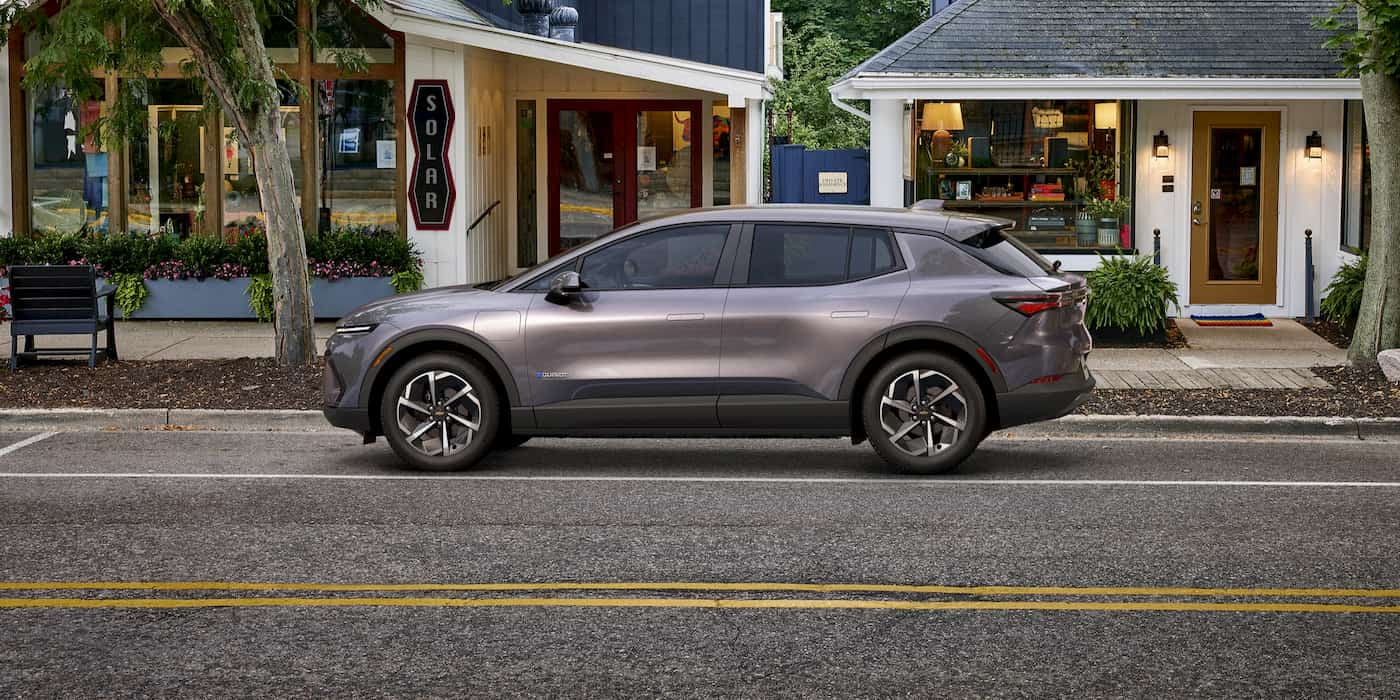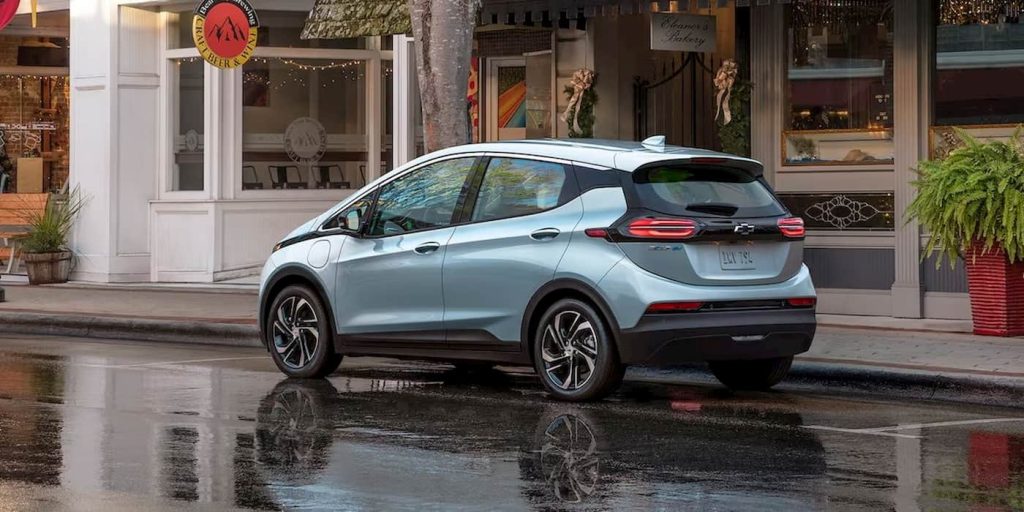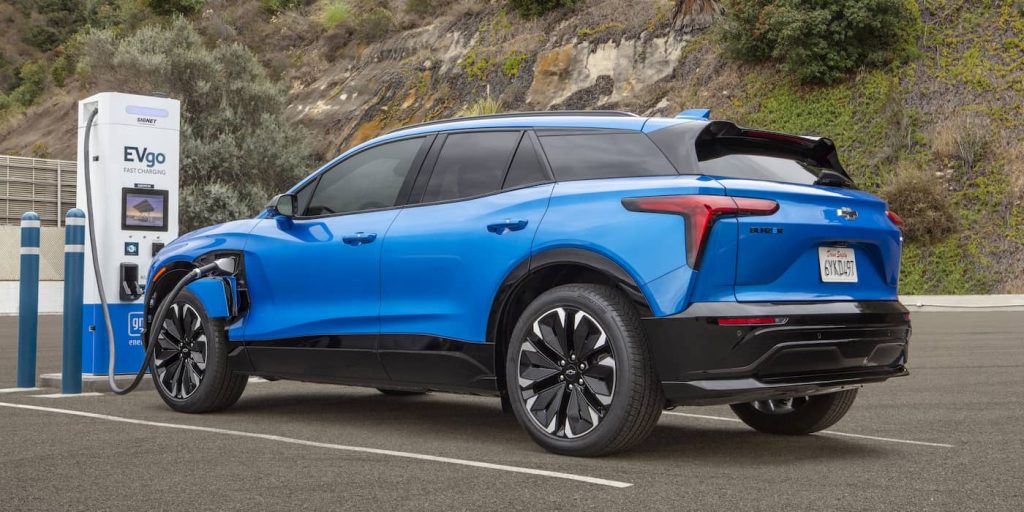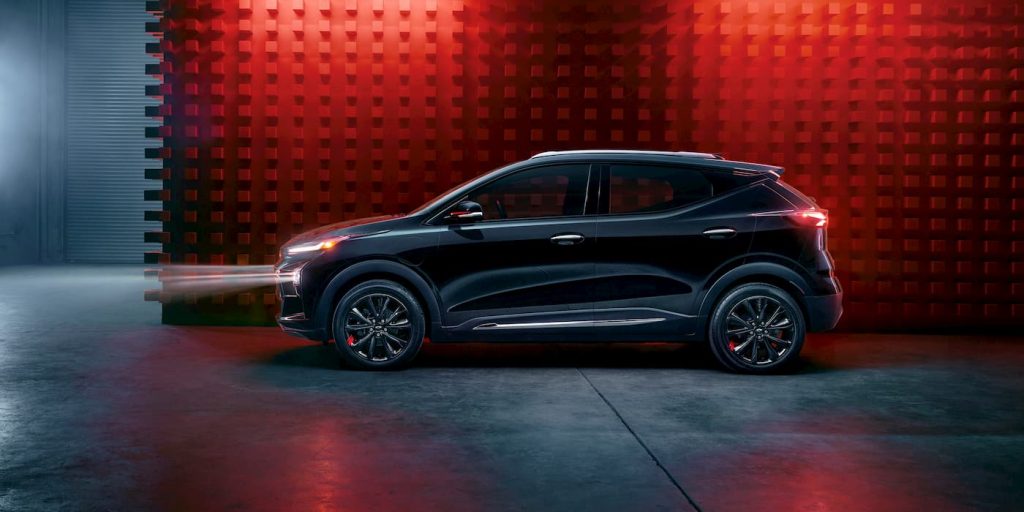
General Motors (GM) is reportedly in talks with battery giant CATL to license its more affordable LFP battery technology. The discussions include potential plans for a new joint North American manufacturing plant dedicated to producing these new batteries.
After facing challenges such as software bugs and shipping delays that led to missing its EV sales target in 2023, GM believes it has moved past its production hurdles. CEO Mary Barra is confident that 2024 will be a year focused on execution as the company aims to regain momentum.
GM is increasing production of its Ultium-based models following a successful turnaround at its battery plant in Detroit. With various new Chevy EV models set to launch this year, including the Blazer EV, Equinox EV, and Silverado EV, GM aims to deliver between 200,000 to 300,000 Ultium EVs in 2024. This would mark a significant increase from the under 14,000 units sold the previous year. GM is also phasing out its popular Chevy Bolt in its current iteration.
With over 62,000 Chevy Bolt units sold in 2023, it made up more than 81% of GM’s EV sales. Barra has confirmed plans to introduce an Ultium-based Bolt EV next year, promising an enhanced driving, charging, and ownership experience, marking the first Ultium EV in North America to utilize LFP batteries.

According to reports, GM is in discussions with CATL to acquire its more cost-effective LFP battery technology. The potential collaboration includes the establishment of a joint manufacturing facility in North America to produce these batteries.
Further details are limited, but the plant is expected to be located in either the US or Mexico and is likely to emulate the partnership between CATL and Ford. Last February, Ford announced a substantial investment of $3.5 billion to construct a new LFP battery plant (BlueOval Battery Park Michigan).

The manufacturing of LFP batteries is projected to commence in 2026 to power Ford’s upcoming EV models, following Ford’s agreement with CATL to utilize its LFP battery technology. CATL will oversee the construction of production lines and supply chains, while GM will manage the CapEx.

GM’s CFO, Paul Jacobson, anticipates substantial cost savings for the company through the utilization of LFP batteries in the new Bolt EV model. Both GM and Ford are aiming to leverage this technology to comply with federal regulations and enhance affordability in their EV offerings.
GM looks to CATL for cheaper LFP battery tech
A recent report from CarNewsChina suggests that GM is engaging with CATL to acquire their cost-effective LFP battery technology. Plans also include the establishment of a joint manufacturing facility in North America for producing these batteries.
While specific details are limited, it is expected that the plant will be situated in the US or Mexico, mirroring a similar partnership between CATL and Ford. Ford’s $3.5 billion investment to construct the BlueOval Battery Park Michigan highlights the significant commitment to LFP battery production.
Competing in an evolving market where affordability is key, GM and Ford are making strategic moves to integrate LFP batteries into their EV offerings, potentially transforming the industry landscape.
Electrek’s Take
If reports hold true, the collaboration between GM and CATL for LFP battery technology could have a major impact on the EV market. With South Korean and Japanese battery manufacturers currently dominating North America, the emergence of CATL and BYD from China as key players in the LFP battery sector signifies a shift in dynamics.
Given the cost advantages of LFP batteries over traditional options, automakers like GM and Ford are positioned to capitalize on this trend by offering more accessible EV models to meet growing consumer demand. The reduced cost per kWh for LFP batteries could pave the way for substantial savings and market competitiveness.
As industry leaders continue to navigate regulatory requirements and consumer preferences, partnerships like the one between GM and CATL signal a step towards innovation and cost-efficiency in the electric vehicle market.
FTC: We use income earning auto affiliate links. More.

